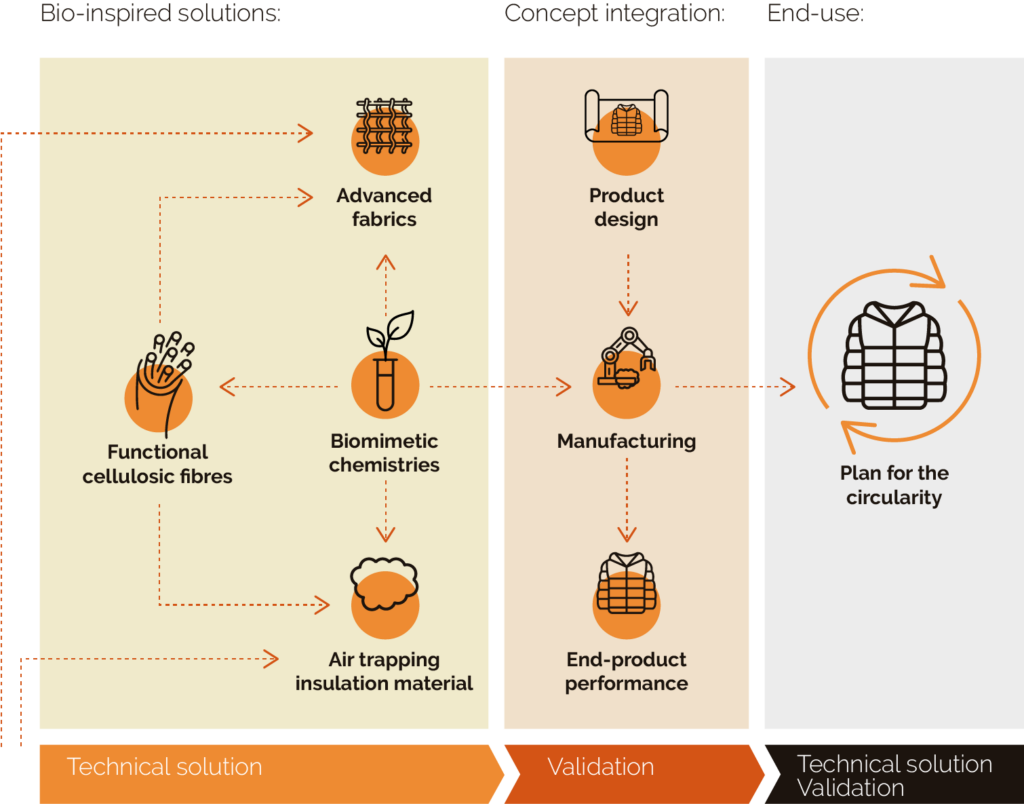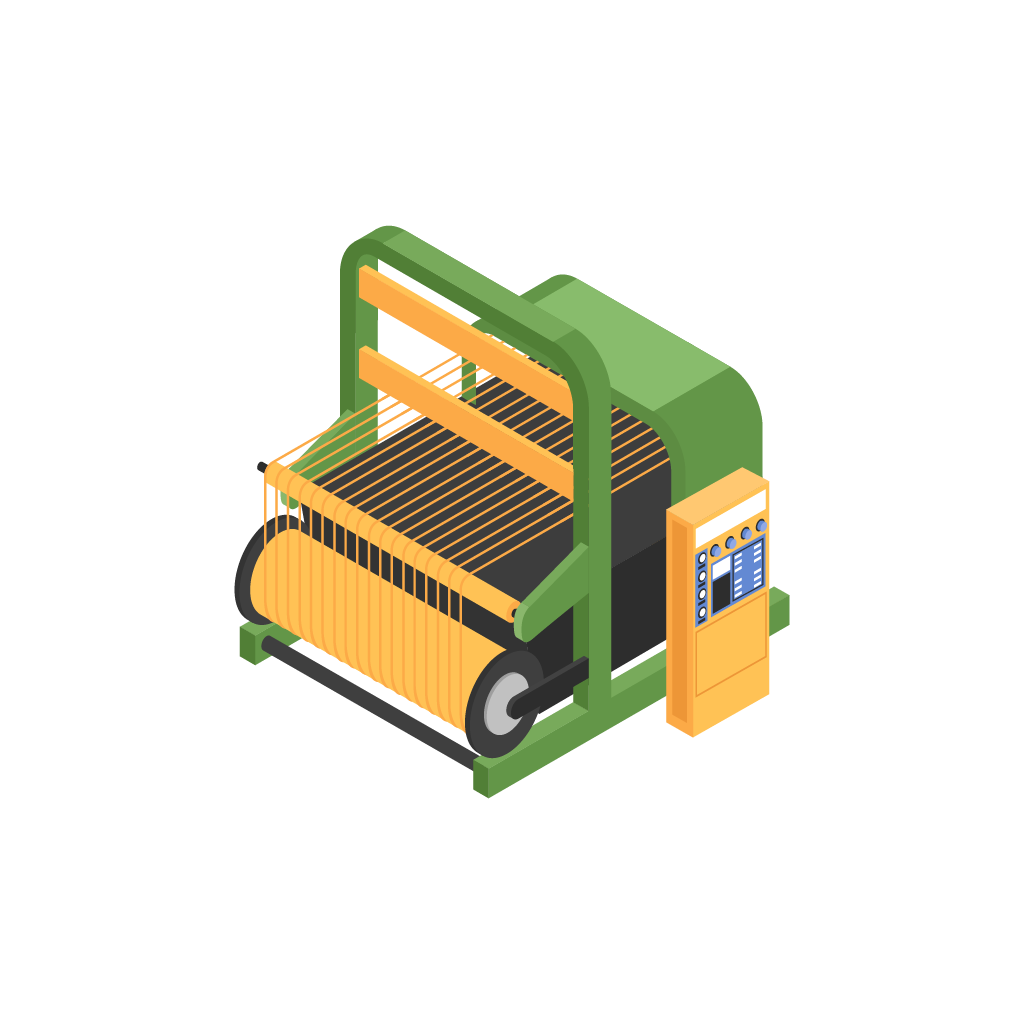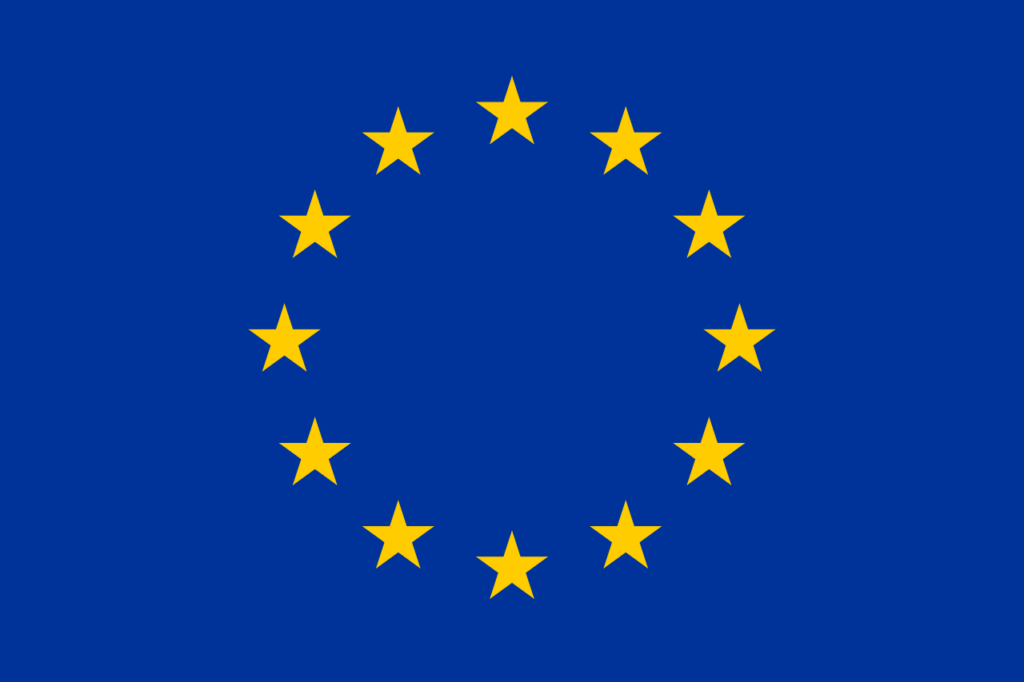Outcomes
Outcomes are critical indicators of success in any project, particularly when it comes to advancements in materials science and technology. They provide tangible evidence of progress, innovation, and the potential for real-world application. In the PENGUIN project, the outcomes are expected to be transformative across various aspects of the textile industry.
Development of Cellulose-based Fibers and Fabrics:
PENGUIN aims to create advanced textile fibers from cellulose, using innovative technologies to enhance their hydrophobicity and structural properties. These fibers are designed for use in outdoor garments, providing excellent insulation and comfort while maintaining an eco-friendly profile. This aligns with growing consumer and regulatory demands for sustainable products.
Introduction of Biomimetic Chemistries:
The project employs biomimetic approaches to mimic natural processes, such as those seen in lotus leaves and bird feathers, to develop fibers and fabrics with enhanced functionality-like superior water repellency and durability. These developments not only improve the performance of outdoor textiles but also significantly reduce the reliance on harmful chemical treatments
Circularity and Sustainability:
A core component of PENGUIN is its focus on the circularity of the materials used. The project explores and demonstrates various end-of-life options for textiles, such as recycling and reuse, ensuring that the products developed are not only made sustainably but also contribute to reducing landfill waste. This approach is integral to fostering a circular economy in the textile industry.
Computational and Digital Innovations:
By leveraging computational models and digital tools, PENGUIN accelerates the development of new materials, reducing the time and resources typically required for experimental trials. This not only speeds up innovation but also enhances the precision and effectiveness of the textiles developed.
Economic and Market Readiness:
The project is not just about innovation in materials but also ensuring these materials are economically viable and market ready. By involving stakeholders throughout the development process and focusing on scalability and commercialization, PENGUIN ensures that the new materials can be successfully introduced into the market, meeting both consumer expectations and industrial needs.

Work plan.
PENGUIN is organized into eight distinct WPs. WP1 is dedicated to project management, ensuring efficient coordination. The technical aspects of the project are distributed across the remaining WPs, including WP2 for cellulose-based textile fibers, WP3 for cellulose-based insulation materials, WP4 for cellulose-based outdoor fabrics, WP5 for modelling as well as safety and sustainability tools, WP6 for prototype design and validation, and WP7 for achieving circularity for the end-products. WP8, distinct from the technical WPs, focuses on managing dissemination, exploitation and communication efforts.



